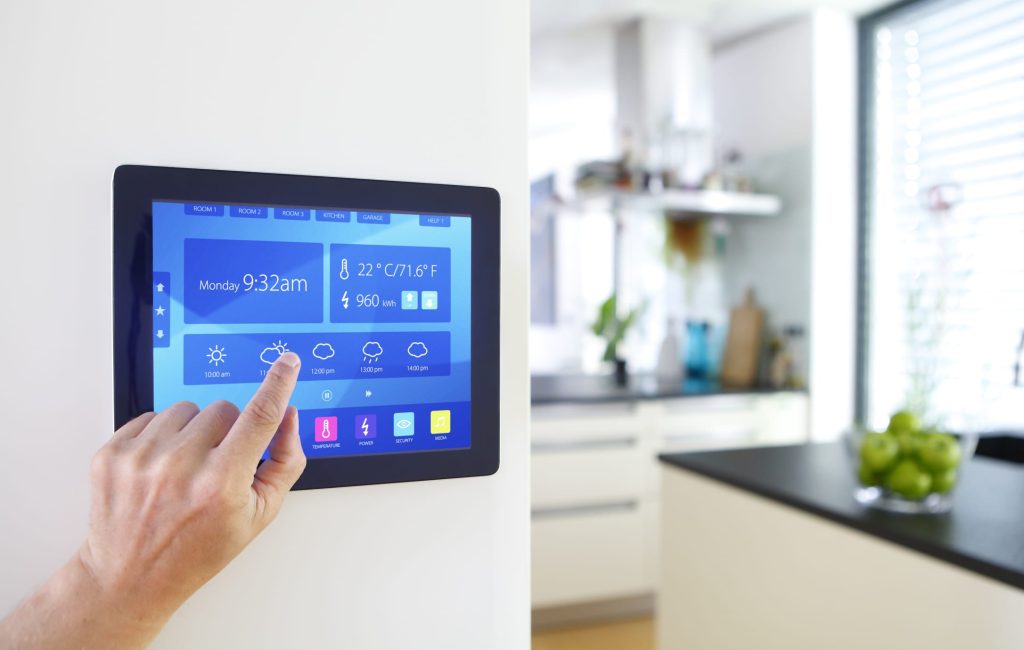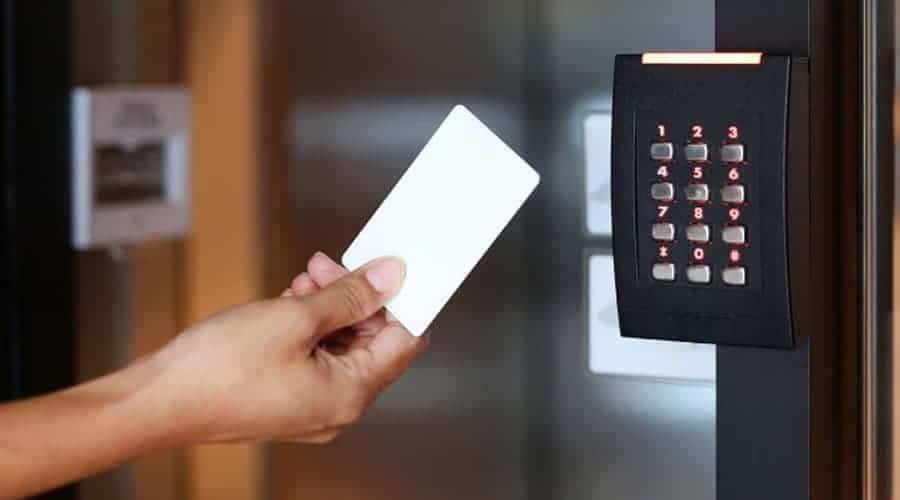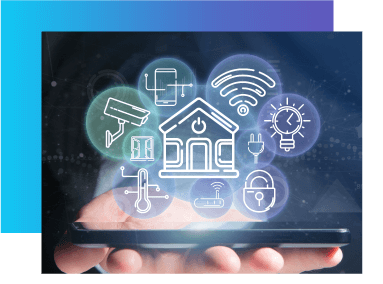
ACCESS CONTROL
Access Control
Access control refers to the practice of regulating or restricting entry to physical locations, computer systems, data, or other resources. Its primary goal is to ensure that only authorized individuals or entities are granted access, while unauthorized individuals are denied entry or use of the resource.
Physical Access Control: This involves controlling access to physical locations, such as buildings, rooms, and secure areas. Physical access control systems often use technologies like key cards, biometrics (e.g., fingerprint or facial recognition), PIN codes, or access badges.
Logical Access Control: Logical access control focuses on controlling access to computer systems, networks, and digital resources. It includes user authentication methods, access rights management, and encryption to protect data and prevent unauthorized access.
Benefits:
Security: Access control enhances security by preventing unauthorized access, reducing the risk of data breaches, theft, vandalism, and other security incidents.
Compliance: Access control helps organizations meet regulatory and compliance requirements, such as the Health Insurance Portability and Accountability Act (HIPAA) or the General Data Protection Regulation (GDPR).
Accountability: Access control systems create an audit trail, making it possible to trace who accessed what and when. This supports accountability and investigations in case of security incidents.
Efficiency: Automated access control systems can streamline user provisioning and deprovisioning, making it easier for administrators to manage access rights.



SOLUTION
- Fire Detection
- Fire Hydrant
- Network Solution
- Closed Circuit Television
- EPABX
- Public Address System
SERVICE
- System Design
- Quantity Survey
- Project Management
- AMC
Address
No. 17, 15th Cross Street, New Colony, Chrompet, Chennai -600044.
Reach us
- info@vsecuretech.in
- vsecuretech2017@gmail.com
- 9840894547
- 044 - 43320967
COPYRIGTHTS@V Secure Technologies
. POWERED BY NEWTONCLOUDSERVE